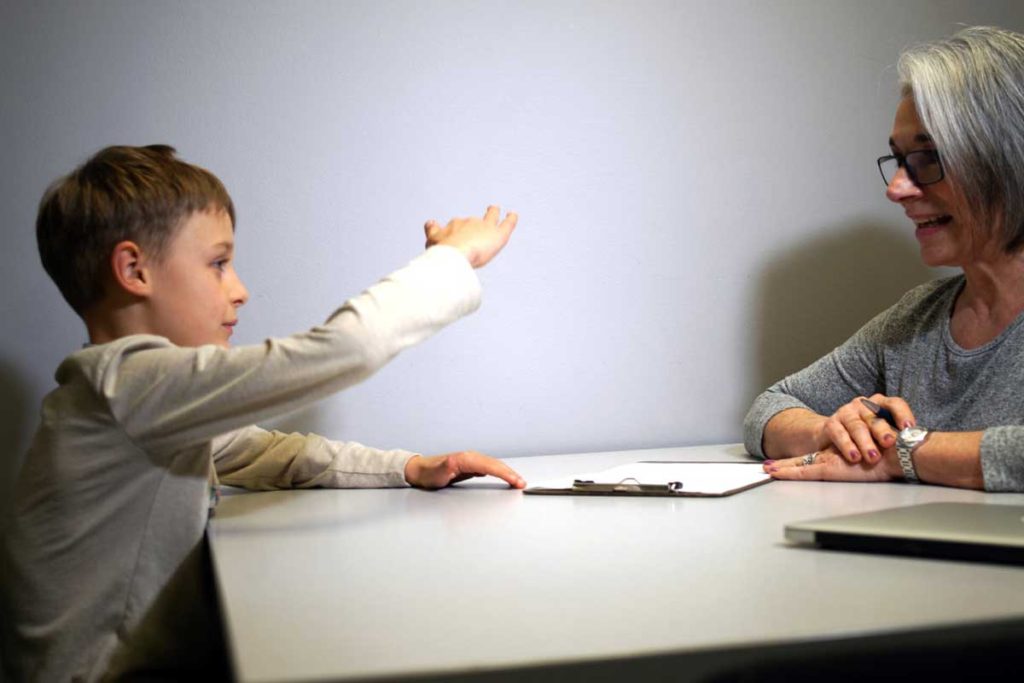My approach is rooted in the Social Interactionist theory of speech and language development. The focus is the interaction between the developing child and their adult caregivers. According to this theory, children learn language out of a desire to communicate with the world around them in order to get their needs meet and to interact socially.
Efficacy studies support the effectiveness of a family-centered approach to intervention; rather than doing “homework” or drills, intervention is most powerful when integrated within everyday family routines. This approach is not only more effective, but is also more feasible and sustainable for families.
Generally, acquiring the ability to communicate is innate; however, full realization of communication skills depends heavily upon a child’s social environment. Children with communication disorders require highly responsive communication partners. My goal is to work with families to help all children reach their potential, regardless of diagnosis, delay, or disorder.

